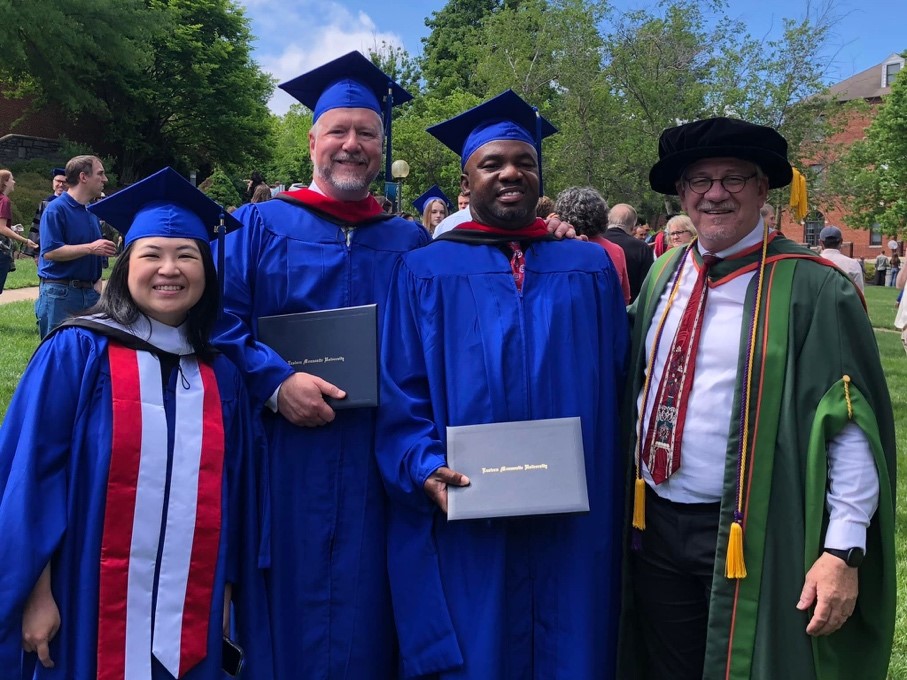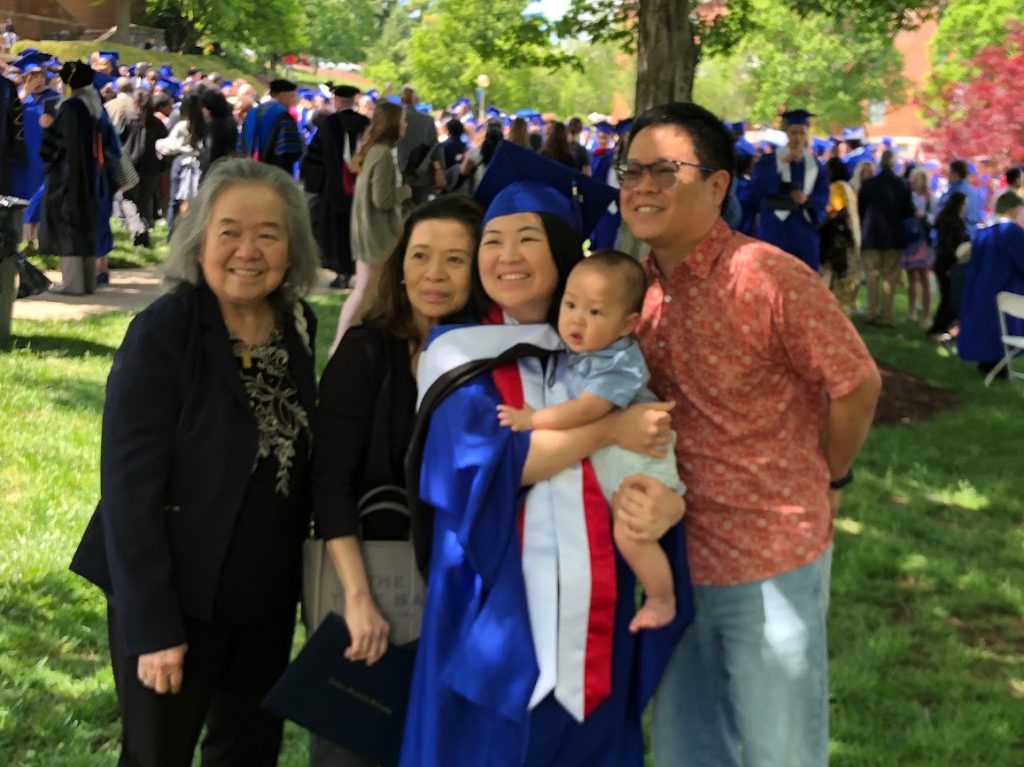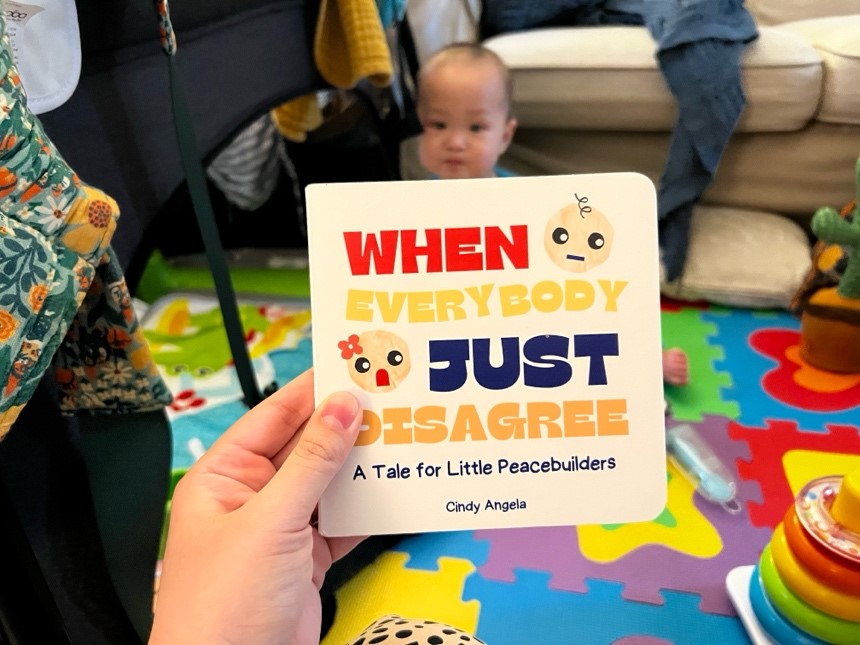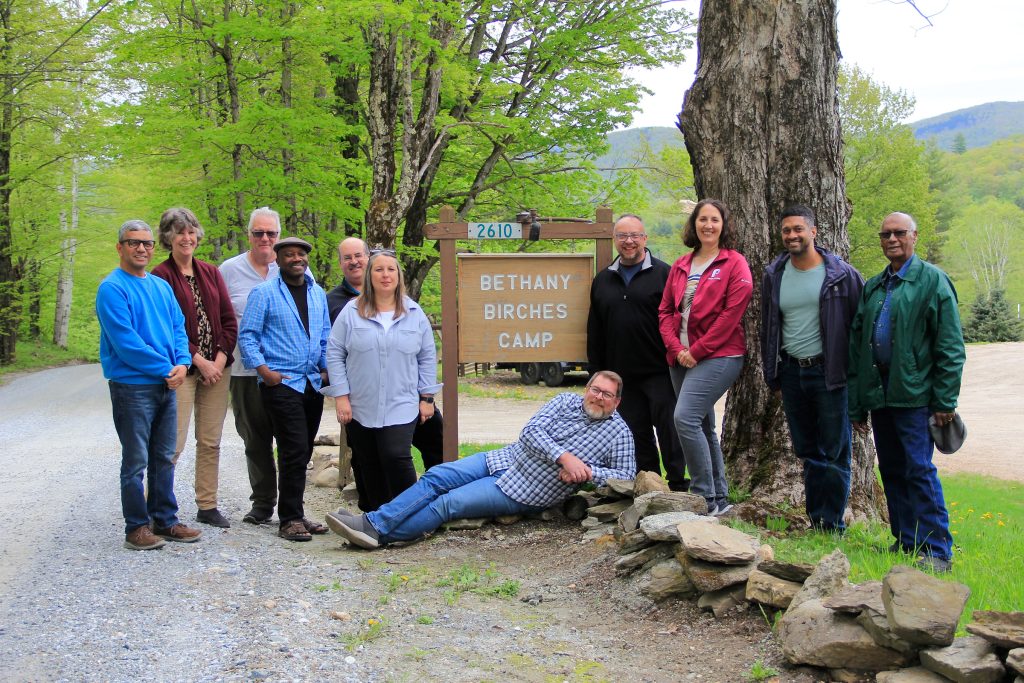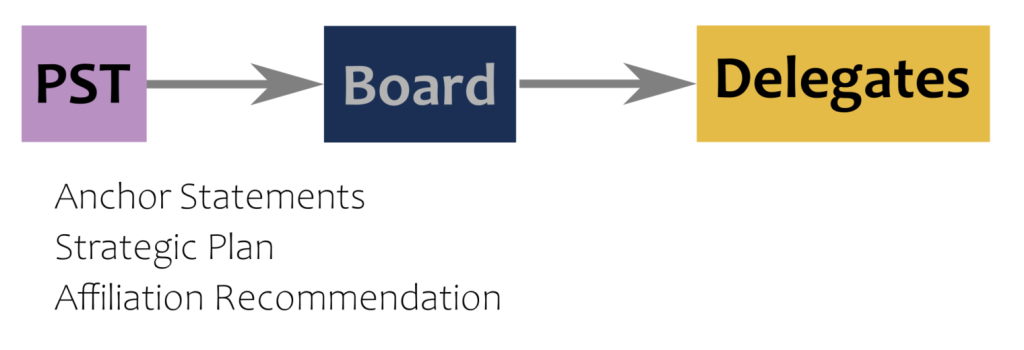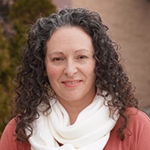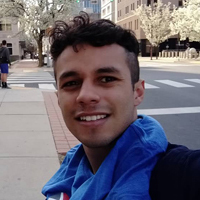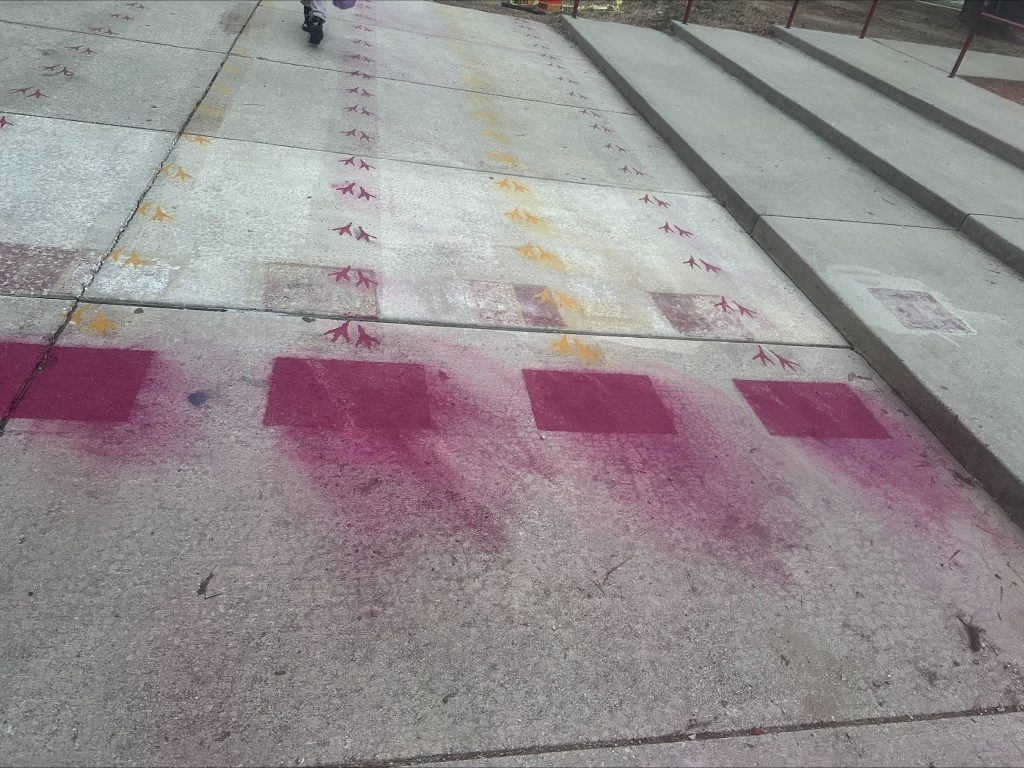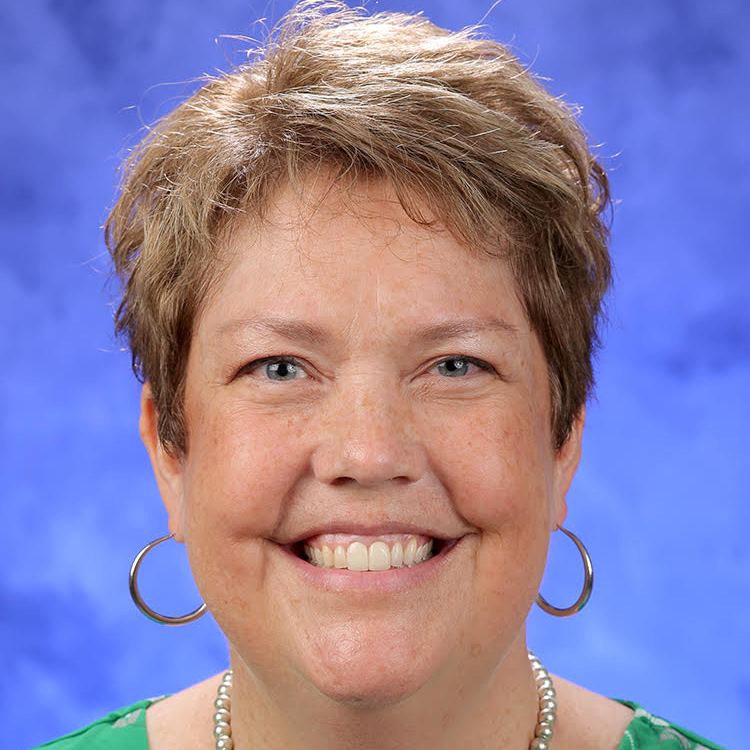2024 CONFERENCE ASSEMBLY THEME
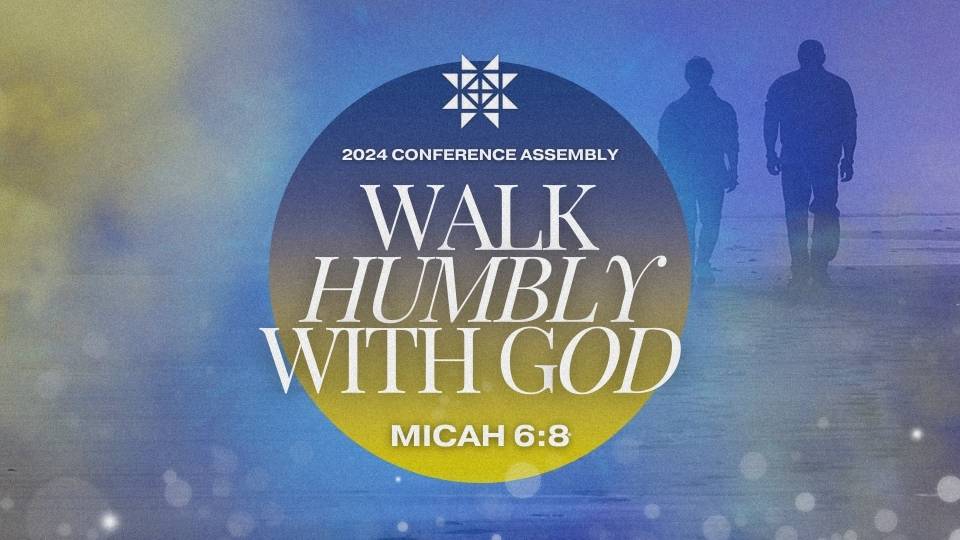
“O people, the LORD has told you what is good, and this is what he requires of you: to do what is right, to love mercy, and to walk humbly with your God.”
Micah 6:8, NLT
at Souderton (PA) Mennonite Church
November 2, 2024 9am – 4:30pm
Primary Preacher: Rev. Dr. Dennis Edwards
In May the Mosaic board affirmed the theme for the 2024 Mosaic Assembly: Walk Humbly with God. Why humility now? As we approach the communal discernment of the Pathways process, “walking humbly with God” seems an especially important theme. With this theme, we seek to reflect on how to hold our faith and belief with grace, as we seek to embody the reconciling love of Jesus in our broken and beautiful world.
“The theme for this year is very timely as we seek to further live into our vision and mission, guided by the new strategic plan,” shares Angela Moyer Walter, Conference Moderator. “There is no better place to position ourselves, individually and corporately, walking humbly before God.”
Humility in the midst of becoming Mosaic is an invitation to honor the differences among us as we seek to offer a distinct witness in the world. During this year’s critical Assembly, Rev. Dr. Dennis Edwards’ recent book Humility Illuminated offers us an Anabaptist framework for the way we move forward.
Humility is a vital theme in our shared witness as the church, embodied through acts of service, foot washing, and how we live. At the same time, for communities and individuals who have experienced oppression, humility has at times been weaponized to justify continued oppression. Dr. Edwards’ work liberates humility in challenging ways that offer possibilities for how we can further be Mosaic together.
“Dennis incarnates humility in his wise and open approach to leadership and pastoral life,” reflects Steve Kriss, Executive Conference Minister. “Humility seems countercultural in a time of social media blasts of self-promotion and sound bites. Humility invites us to see our own belovedness by God, while knowing that is extended to all people. This can be both challenging and motivating.”
Dr. Edwards is currently dean at North Park Seminary in Chicago, the seminary of the Evangelical Covenant Church. He has been a pastor in New York City, Washington DC, and Minneapolis. He embodies his ethic of humility alongside diligent work and open-handed friendship. His books have been used in Mosaic Institute classes, particularly Might from the Margins.
Dr. Edwards was credentialed by Franconia Conference for nearly a decade when he was pastor at Peace Fellowship Church in Washington DC. His latest book also mentions and honors Dennis’ ongoing friendship with Randy Heacock, pastor at Doylestown (PA) Mennonite Church and former Mosaic Conference leadership minister.
We are planning for Dr. Edwards to spend time with pastors on Friday and to be part of the Nations and Generations gathering for Mosaic leaders of color on Friday evening. He will be the primary preacher for Assembly worship.
“What if being Mosaic is a balance of brilliance and humility, powerful listening and powerful speaking, servant leadership and prophetic proclamation?” Kriss asks. “When Jesus sensed the tension in the misplaced values of his disciples, he bent down to wash their feet, dramatically and boldly. In what ways does our posture and our action provide such an interruption and witness?”
Hear from Dr. Edwards on Humility Illuminated in this interview.

